| |
| |
| |
| Presented By Google |
| |
| Axios AM |
| By Mike Allen ·Feb 09, 2021 |
| ☕ Good Tuesday morning. Today's Smart Brevity™ count: 968 words ... < 4 minutes. - ⚡ Breaking: The WHO team investigating the origins of the coronavirus in Wuhan said it's "extremely unlikely" the virus leaked from a Chinese lab, and probably jumped to humans via an intermediate species. —AP
🗣️ Write less, say more: At an Axios event today at 12:30 p.m. ET, we'll show you how innovative companies are getting ahead of disruptions in communications — and give a sneak peek at Axios' internal comms tool, Axios HQ, launching this week. Register here. |
| |
| |
| 1 big thing: The Musk meme economy |
 |
|
| Illustration: Aïda Amer/Axios |
| |
| Attention is a commodity, which means that memes — a way of focusing and scaling attention online — are a way to create value. No one understands this better than Elon Musk, Felix Salmon reports. - Why it matters: Experts in propagating memes — viral (often goofy) online imagery — can make them millions. Or, in Musk's case, even billions.
Tesla converted $1.5 billion of cash into bitcoin last month. When news of the purchase became public yesterday, the value of the world's bitcoin rose by about $90 billion — while the value of Tesla rose by about $8 billion. - Since Musk owns more than 20% of Tesla, his own net worth went up by well over $1 billion as a result of the announcement.
The price action ratified Musk's power as a memelord — someone who can instantly focus the attention of millions. - In recent weeks, Musk has also helped to pump up the price of Dogecoin, a joke cryptocurrency with no supply constraints — there are now so many Dogecoins in circulation (130 billion) that their total value exceeds $10 billion.
- Other Dogecoin pumpers include Snoop Dogg, Gene Simmons, and social-media influencer Amanda Cerny.
Keep reading. |
    |
| |
| |
| 2. Boycott threat clouds 2022 Beijing Olympics |
 |
|
| Illustration: Aïda Amer/Axios |
| |
| Global fears of China's authoritarian rise are sparking calls for a boycott of the 2022 Winter Olympics in Beijing, Axios China author Bethany Allen-Ebrahimian and Axios Sports editor Kendall Baker write in a cross-newsletter collaboration. - Why it matters: By openly flouting human rights norms while claiming leadership of the international system, China is cracking the foundation upon which global traditions such as the Olympics are based.
Democratic governments worry that allowing Beijing to host the Olympics without protest would further entrench China's authoritarianism domestically and abroad. - The U.S. and its partners are also concerned about the rise of China as a rival amid a growing sense of democratic vulnerability, imbuing the 2022 Games with a new undercurrent of geopolitical fear.
- A coalition of 180 rights groups have called for a boycott of the Beijing games, citing human rights abuses against ethnic minorities in China.
What we're watching: While a full-blown boycott of Beijing 2022 seems unlikely, some Uyghur and Tibetan advocacy groups are banding together to urge a diplomatic boycott of Beijing 2022. - That would allow athletes to compete while blunting some of the soft power that hosting an Olympics can bring.
Keep reading. |
    |
| |
| |
| 3. Clubhouse gains momentum as Big Tech leaders join |
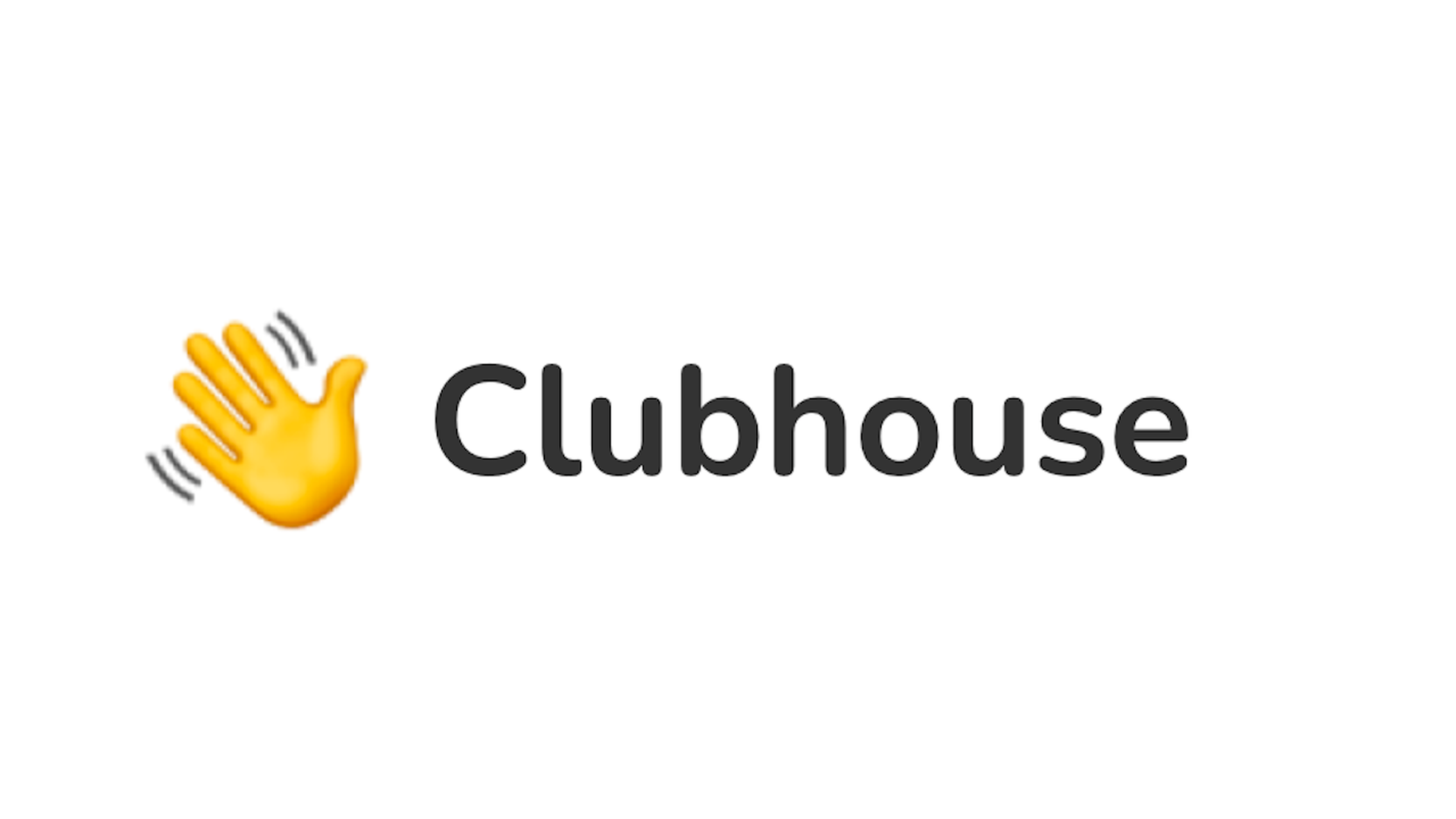 |
|
| Graphic: Clubhouse |
| |
| Titans appearing on Clubhouse — Elon Musk and Mark Zuckerberg, joining Drake, Oprah, Ashton — have brought a spike in downloads for the invite-only audio social network, Sara Fischer and Kia Kokalitcheva write. - Clubhouse has been downloaded about 4.7 million times since September — all but 1 million of those since the end of last year, according to Apptopia.
There were early concerns that Clubhouse was too exclusive to Silicon Valley's homogeneous insiders. - Since then, Black users and influencers have steadily joined.
- The company said last month it plans to compensate some users who create and lead conversations while it also experiments with revenue models.
The big picture: A slew of apps centered around audio are booming, as audio messaging becomes a bigger part of social media and work amid the pandemic. - Mark Cuban is co-founding a podcast app "where hosts can talk to fans live and monetize their conversations," The Verge reports.
- Twitter last year started testing Spaces, a feature similar to Clubhouse.
Between the lines: The ubiquity of AirPods and other hands-free smart devices — with many people isolated and largely indoors during the pandemic — have made audio-first companies more attractive to venture capital. |
    |
| |
| |
| A message from Google |
| Google for Startups helps fund and support Black founders |
| |
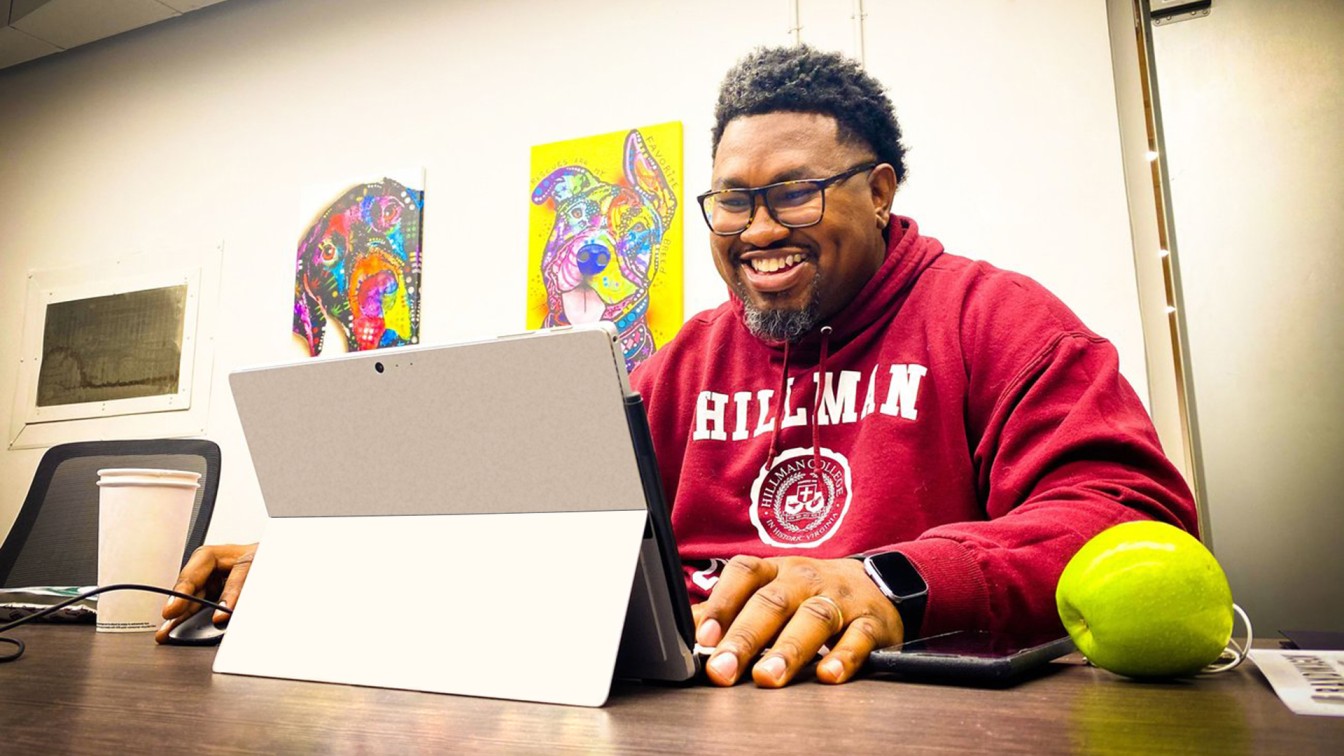 |
| |
| Black founders receive less than 1% of venture capital in the U.S., despite being a fast-growing group of entrepreneurs. To help, the Google for Startups Black Founders Fund awards up to $100,000 to selected founders, along with support to help their startup grow. Learn more. |
| |
| |
| 4. The new Mars club |
 |
|
| Illustration: Annelise Capossela/Axios |
| |
| The UAE and China, which each have missions arriving at Mars this week, have tied geopolitical and national ambitions to their Red Planet endeavors, Axios Space author Miriam Kramer writes. - Why it matters: These missions are starting to paint a new picture of space ambitions — soft power and a demonstration of technological prowess are more important than a race between nations, à la the U.S. and Soviet Union.
Keep reading. |
    |
| |
| |
| 5. Driving the day: Impeachment II begins 1 p.m. ET |
| Senate Majority Leader Charles Schumer arrives at the Capitol yesterday. Photo: Chip Somodevilla/Getty Images Impeachment trial of Donald John Trump, one year ago and today: Graphic: AP |
    |
| |
| |
| 6. Where COVID has been deadliest |
 Data: Coronavirus Resource Center at Johns Hopkins and The COVID Tracking Project. Map: Michelle McGhee and Andrew Witherspoon/Axios In New Jersey, which has the highest death rate in the nation, 1 out of every 406 residents has died from the virus. In neighboring New York, 1 out of every 437 people has died, Axios' Caitlin Owens and Michelle McGhee report. - In Mississippi, 1 out of every 477 people has died. And in South Dakota, which was slammed in the fall, 1 of every 489 people has died.
California, which has generally suffered severe regional outbreaks that don't span the entire state, has a death rate of 1 in 899. - Vermont had the lowest death rate, at 1 of every 3,436 residents.
Share this graphic. |
    |
| |
| |
| 7. 💉 50 states, ranked by vaccine distro |
Graphic: The Boston Globe |
    |
| |
| |
| 8. Axios-Ipsos: Big R vs. D split in resuming normal gatherings |
 Data: Axios/Ipsos survey (±3.4% margin of error for total sample). Chart: Andrew Witherspoon/Axios 28% of respondents in our weekly Axios/Ipsos Coronavirus Index have resumed in-person gatherings outside the home, Margaret Talev writes: - That figure was 42% for Republicans, but only 10% for Democrats — and 15% for people 65+.
Share this graphic. |
    |
| |
| |
| 9. Public parks reimagined for COVID era |
 Data: Trust for Public Land. Chart: Axios Visuals In big cities around the world, major improvement plans for public parks are being unveiled, with inclusion and broader access at their heart, Axios Cities author Jennifer A. Kingson writes. - In Manhattan, a lengthy, $100 million renovation plan is coming to Union Square Park, with the goal of creating 33% more public open space.
- Paris' Champs-Élysées is getting a big, green makeover.
- Barcelona plans a 10-year facelift for one of its biggest parks.
Keep reading. |
    |
| |
| |
| 10. MLB dampens bounce after homer surge |
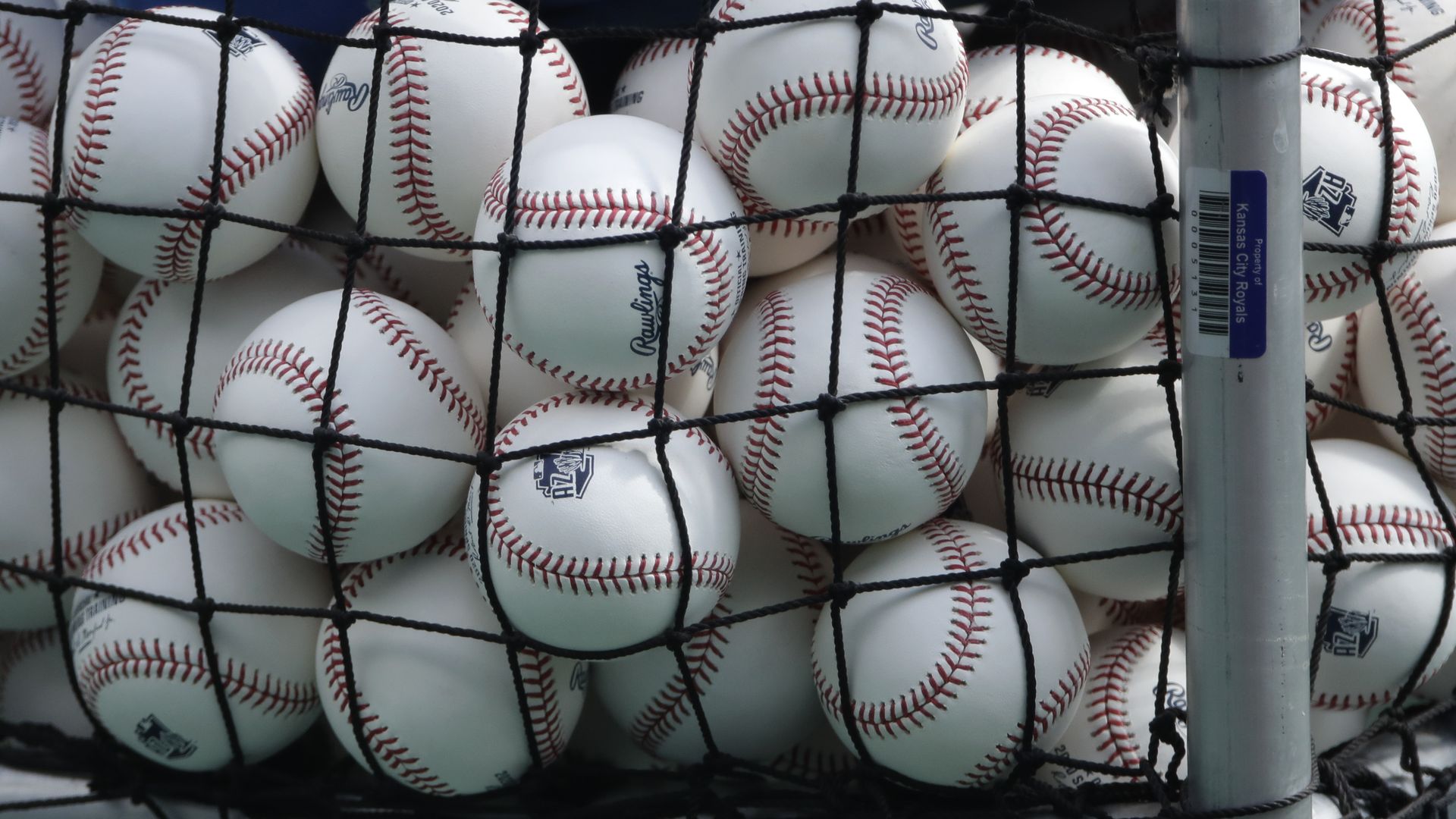 |
|
| Baseballs marked with Cactus League spring training logos, in Kansas City, Mo., in July. Photo: Charlie Riedel/AP |
| |
| MLB told teams in an internal memo that slightly deadened balls for this season will fly 1 to 2 feet shorter when hit over 375 feet, after the makeup of official Rawlings baseballs came under scrutiny in recent years, AP reports. - A record 6,776 homers were hit during the 2019 regular season. The rate of home runs fell only slightly during the pandemic-shortened 2020 season — from 6.6% of plate appearances resulting in homers in 2019 to 6.5% last year.
Five teams plan to add humidors for balls, raising the total to 10 of 30 MLB clubs. |
    |
| |
| |
| A message from Google |
| Black-led startup Possip receives $100,000 from Google |
| |
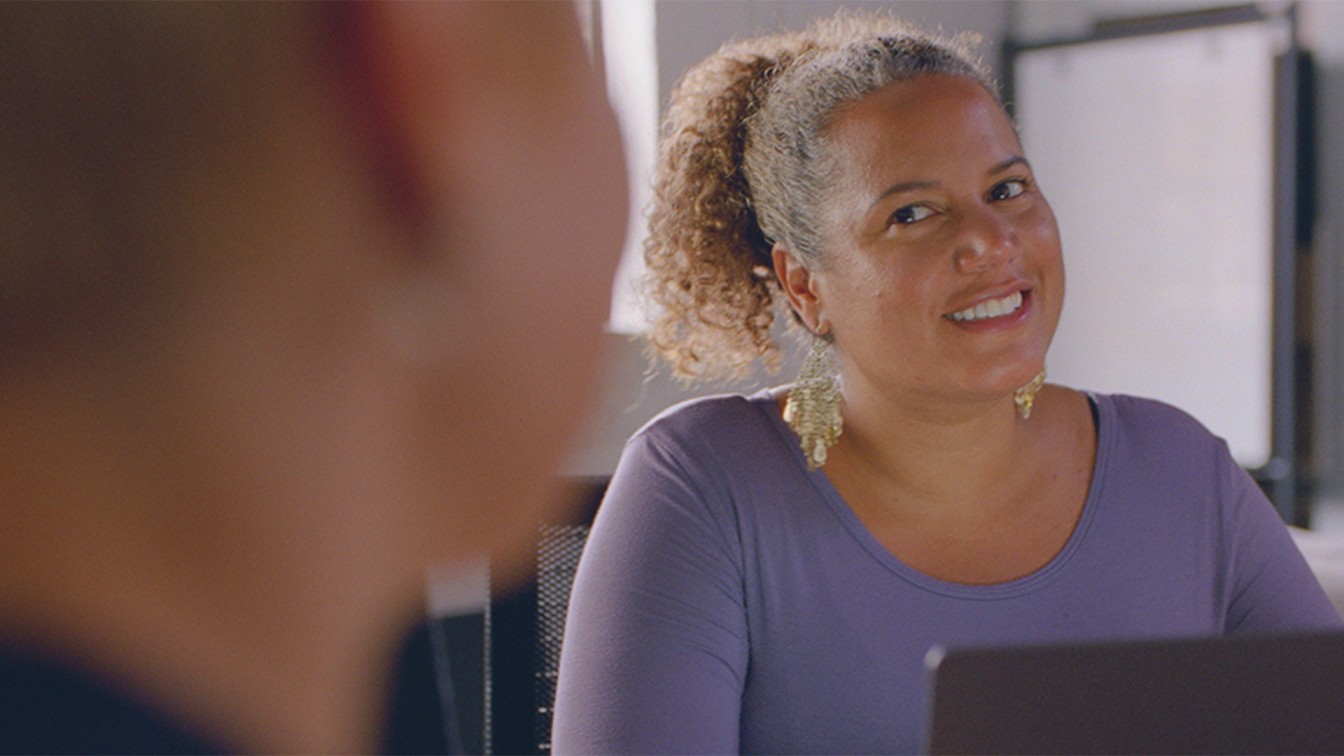 |
| |
| Possip, which serves around 300,000 families in 500 schools from Maine to Hawaii, helps connect families to their schools. With $100,000 from the Google for Startups Black Founders Fund, Possip can continue to focus on their mission to help students, and their schools, succeed. Learn more. |
| |
| 📬 Thanks for starting your day with us. Please invite your friends to sign up for Axios AM/PM. |









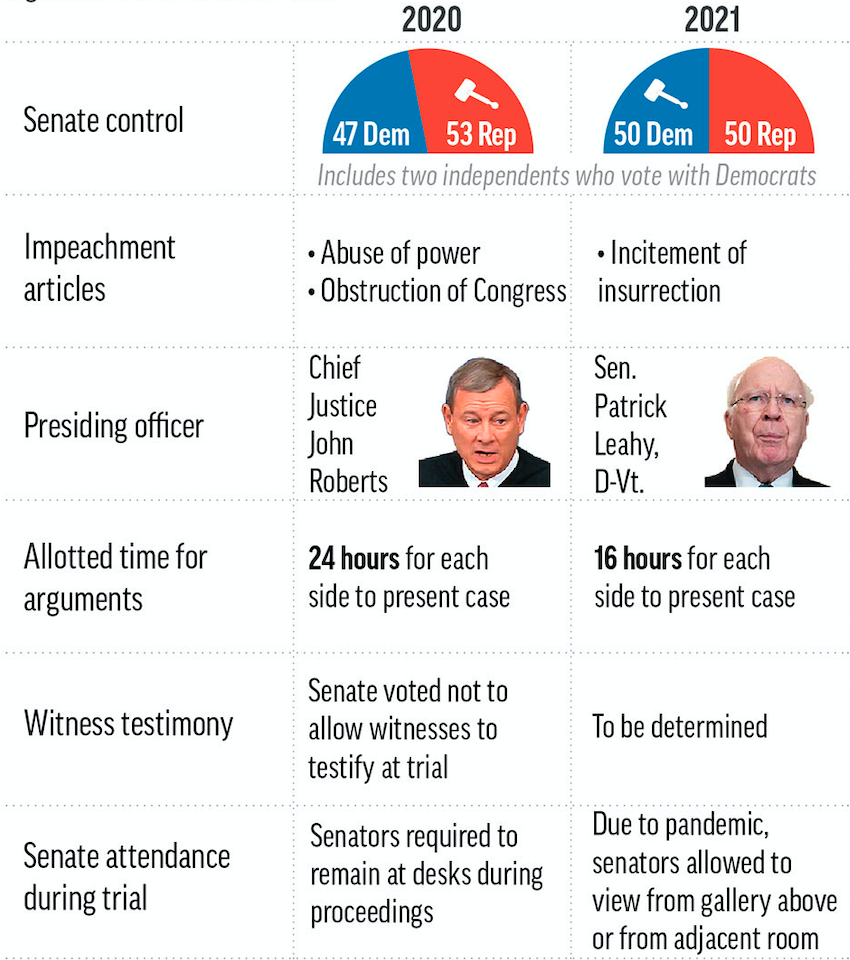

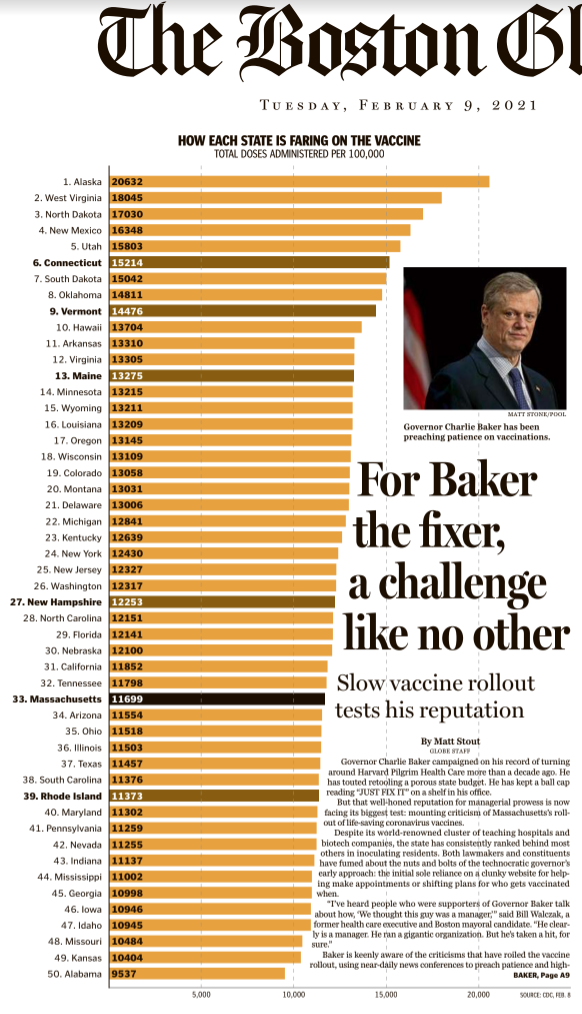



No comments:
Post a Comment